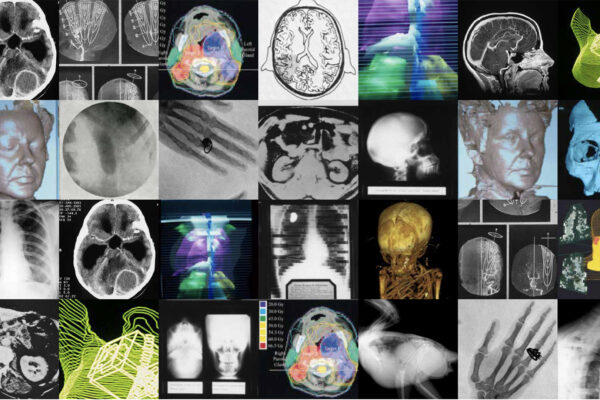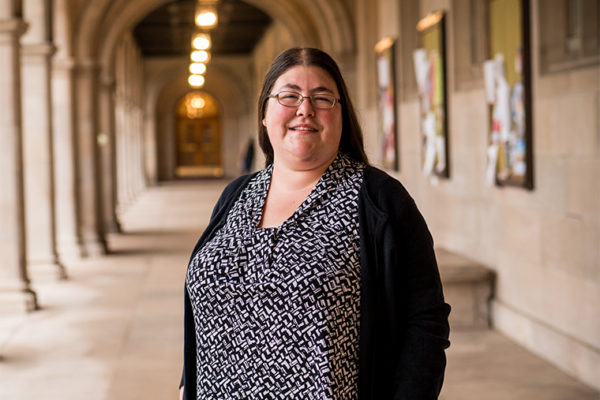A team of researchers at the McKelvey School of Engineering at Washington University in St. Louis has developed an energy-efficient way to consolidate long-term memories on a tiny chip.
Shantanu Chakrabartty, the Clifford W. Murphy Professor in the Preston M. Green Department of Electrical & Systems Engineering, and members of his lab developed a device that mimics the dynamics of the brain’s synapses, connections between neurons that allow signals to pass information. Results of the research were published Jan. 13 in Frontiers in Neuroscience.
Chakrabartty’s group showed that their artificial synapse can mimic some of the dynamics of biological synapses that allow artificial intelligence (AI) systems to continuously learn new tasks without forgetting how to perform old tasks. Because the device uses only a few electrons at a time, it uses very little energy overall. Funding for this research was provided in part by the National Science Foundation.
Read more on the McKelvey School of Engineering website.


